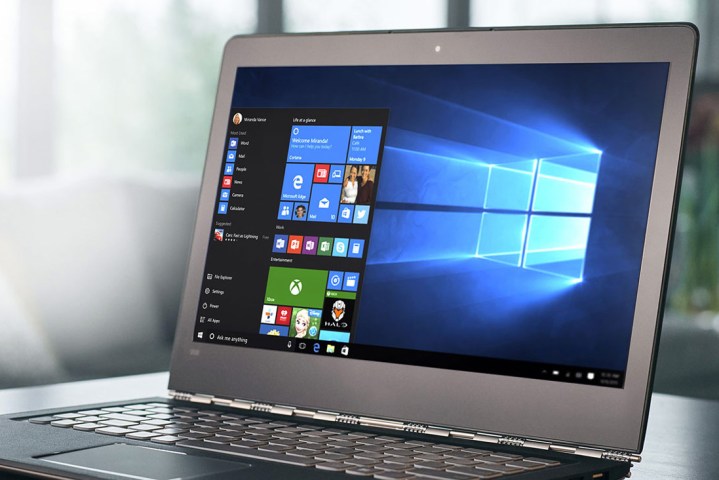
Most notably, the latest Cortana app for Android adds several toggles to the “Sync notifications” tab within its Settings menu. In addition to familiar options for mirroring notifications about your phone’s battery level and incoming phone calls, it’s gained a setting to mirror notifications to a Windows 10 PC on a per-app basis. Enabling the new setting requires a few steps, including updating your PC to Windows 10 Insider build 14342 or newer, associating your handset with the Microsoft you use to sign into your PC, granting the Cortana app access to your phone’s notifications, and enabling notification syncing on PC. But once the prerequisites are met, getting phone notifications through your PC’s a seamless, hands-off affair: they appear in your notification drawer as a native app would.
Notifications come in relatively quickly — in a manner of seconds, on average — and convey the gist of your Android phone’s messages, but they aren’t perfect. None of the notifications are actionable, which is to say you can’t reply to e-mails or dismiss bothersome Facebook app pop-ups from your computer — those sorts of tasks have to be performed on your phone. And many apps, including Gmail and the organizational app Trello, mirror only bits and pieces of messages: Gmail, for example, indicates the number of unread e-mails in your Inbox (e.g., “3 new messages”) in mirrored Windows 10 notifications, but doesn’t provide a preview of those messages.
It’s the early days, of course — Android notification integration’s not slated to hit stable builds of Windows 10 until this summer, likely to coincide with the firm’s Anniversary Update. But the feature’s nowhere near as robust as the sort of mirroring enabled by apps like Pushbullet and AirDroid, both of which allow you to dismiss notifications. Still, if native, if you’ve got an
Editors' Recommendations
- Every Android tablet we’re expecting in 2024
- Android 15 release date: When will my phone get the update?
- Can you take a picture of the solar eclipse with your phone? Here’s how to do it
- These are the best Android 15 features you need to know about
- When is my phone getting Android 14? Here’s everything we know


